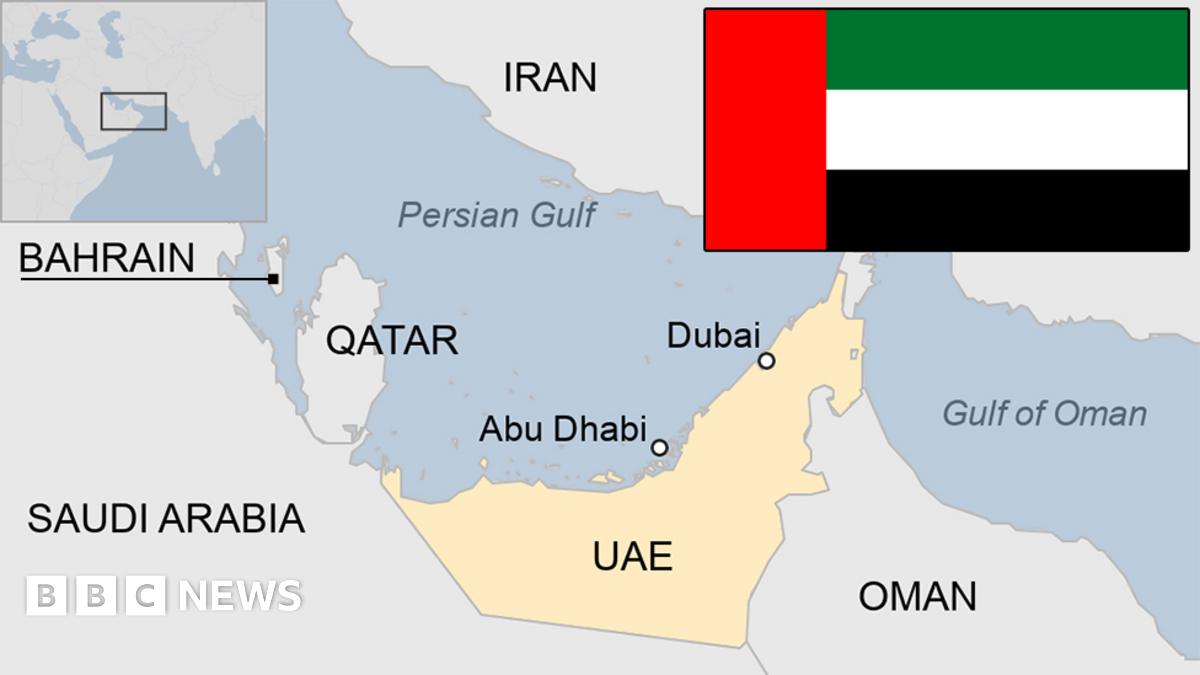
President Sheikh Mohamed bin Zayed Al Nahyan posted on his social-media account: “Best wishes to all those celebrating Diwali in the UAE and around the world. May the coming year bring peace, health and prosperity to you and your loved ones.” Vice-President and Prime Minister Sheikh Mohammed bin Rashid Al Maktoum echoed the sentiment, writing: “Warmest wishes and greetings to those celebrating Diwali in the UAE and around the world. May this festival of lights bring peace, safety and prosperity to you and your loved ones. Happy Diwali!”
Within the UAE, these messages play out amid a broader context of rapid cultural and demographic evolution. More than four million Indian expatriates reside in the country, making the Diwali festival a significant social and economic event. — Major retail outlets report strong consumer demand for gold and jewellery tied to the festival season, even in the face of elevated global bullion prices.
Beyond commerce, public-space decorations, community events and temple visits mark the occasion. At the same time, authorities such as the Dubai Police have issued safety advisories regarding the private use of fireworks and explosives. Officials emphasise that any celebration must comply with licensing—unauthorised sale and use may lead to substantial penalties.
The significance of the festival in the UAE extends beyond the immediate Indian expatriate community. The leaders’ public statements reflect a deliberate emphasis on multicultural harmony and national unity. In the words of the President, the greeting reinforces the idea that “celebrating Diwali in the UAE and around the world” is part of a shared cultural fabric.
Local civil society and business groups describe this approach as consistent with longer-term policy. Commentators note that the UAE has been actively positioning itself as a hub for global talent and cultural pluralism, and the annual Diwali greetings sit within this broader narrative. Analysts argue that the intersection of festive symbolism and the leadership’s messaging underscores the state’s efforts to reinforce social stability and diversity.
Nevertheless, observers caution that such gestures operate within the realities of a controlled political environment. While civil society participation and religious tolerance have increased visibly, there remain constraints on public freedoms for non-Muslim or non-expatriate groups. Thus, the leadership’s inclusive greetings are interpreted as signalling goodwill—but also as part of a managed portrayal of national cohesion.
For residents engaged in Diwali celebrations, the leadership statements provide reassurance of belonging. As one community centre spokesperson remarked: “When the country’s highest offices send greetings in Hindi and English, it matters to our families, especially those who are far from home.” At the same time, businesses are adjusting quickly: jewellery manufacturers and retailers in UAE cities are curating special collections, while hospitality venues schedule Diwali-themed events, reflecting the festival’s economic upside.
On the ground, observances this year included both private domestic celebrations and public events. Community groups in Dubai and Abu Dhabi prepared for increased temple visits, cultural programmes and festive lighting, with local authorities managing crowd flows and transport logistics.
Topics
Live News
